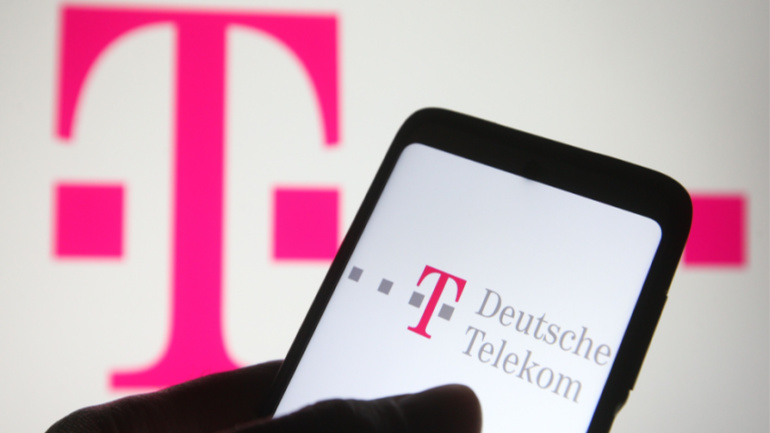AI and Machine Learning (ML) are transforming VoIP, enhancing communication efficiency and cost-effectiveness. This integration offers features like real-time call quality optimization, personalized user experiences, and advanced IVR systems. AI-powered analytics unlock valuable insights and improve security. The future holds seamless IoT connectivity and a redefined way we connect through VoIP.
Nokia intensifies focus on AI and machine learning enhancements with the advent of their new Open Innovation Lab in Dubai. This facility is set to target telecommunications operations in Middle East and Africa, potentially bolstering business for Dell and Hewlett Packard Enterprise. The lab’s agenda encompasses three key areas: cloud RAN collaboration, promotion of private wireless and industrial networks, and acceleration of AI-driven network automation. The lab’s existence could pave the way for increased productivity, overall network efficiency and novel revenue opportunities in the region.
Deutsche Telekom has selected Google Cloud for its first cloud-native trials in network and data analytics. The operator expanded its partnership with Google Cloud to develop a collaborative roadmap for the telecoms sector by bringing the power of the cloud closer to mobile and connected devices at the network’s edge. The initial phase of this extended Deutsche Telekom and Google Cloud relationship will focus on core network services, network analytics and customer experience analytics. Deutsche Telekom and Google Cloud will jointly test a range of network services in Austria, including 5G standalone and remote packet gateway operations, using Google Cloud and Google Distributed Cloud Edge. In order to leverage data-driven operations and automated workflows with open, Kubernetes-based solutions provided by Google Cloud, Deutsche Telekom will explore a number of use cases including anomaly detection, performance counters and trace data. The operator will be able to better manage…
Over the past decade, there have been so many advancements that it is difficult to keep up with all the technological breakthroughs. This journey has been thrilling and every invention delivers new technology at a rapid pace. It is critical to look to the future for clues as to where technology will take the society next. And this decade is shaping up to be one of significant technological leaps, as businesses prepare for the large-scale integration of advanced technologies. Here are the top technological trends that are taking the world by storm. Blockchain A blockchain, in its most basic form, is a shared, digital record that cannot be changed once a transaction has been recorded and confirmed. In other words, blockchain technology makes it nearly impossible to falsify a transaction. When you hear the term blockchain, the first thing that usually springs to mind is cryptocurrency; however, there is more…
Artificial intelligence is exerting its influence on almost every sector, including telecommunications. This technology has begun to add impressive new dimensions to many industries, accelerating the digital transformation. According to Tractica, annual investment in telecommunications AI software is expected to grow to more than $11.2 billion in 2025. The telecommunications industry is at the heart of technological growth and digital transformation. The industry is huge. 54 telecommunications companies are listed on the Forbes Global 2000 list. They account for more than $3.4 trillion in assets and almost $1.5 trillion in income in 2020. The potential of AI in the telecom industry is immense. By taking advantage of this technology, organizations can create supplementary revenue streams using business niches they had not even thought could be profitable. The demand for higher quality telecom services and a better customer experience grows. Therefore, service providers need to look for smarter, more powerful and…
Telecommunications trends tend to change dramatically every year. No one could have foreseen where 2020 would take us: during this year there were more digital transformations than in the whole of the last decade, with these transformations being accelerated by the global pandemic. Given the modernization of technology and the current situation, customer demand for reliable services has grown significantly. This means major changes and even more challenges for the telecommunications industry. With 2021 being within arm’s reach, let us take a look at the future trends and forecasts for the telecommunications and VoIP industry. 5G will go mainstream, with 6G being planned 5G technology is one of the most discussed trends in the telecommunications market today. 5G is a revolutionary fifth-generation wireless networking technology that will radically change the Internet. Its main advantages are faster internet speeds and shorter response times, while eliminating packet loss and network congestion during…









